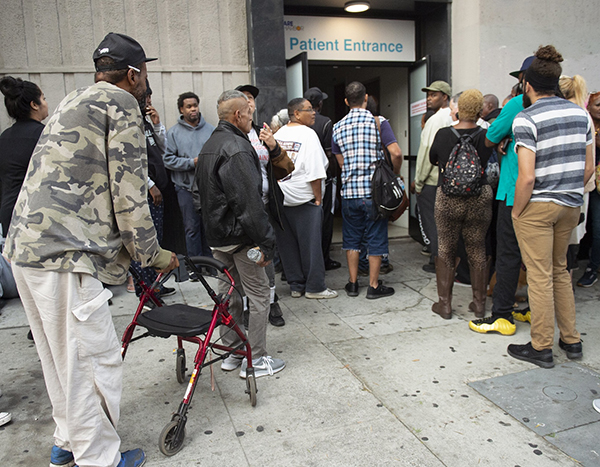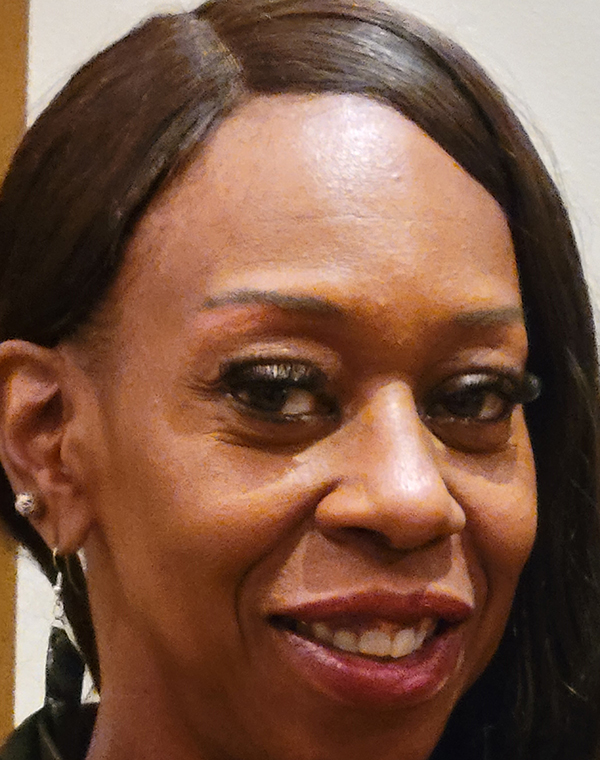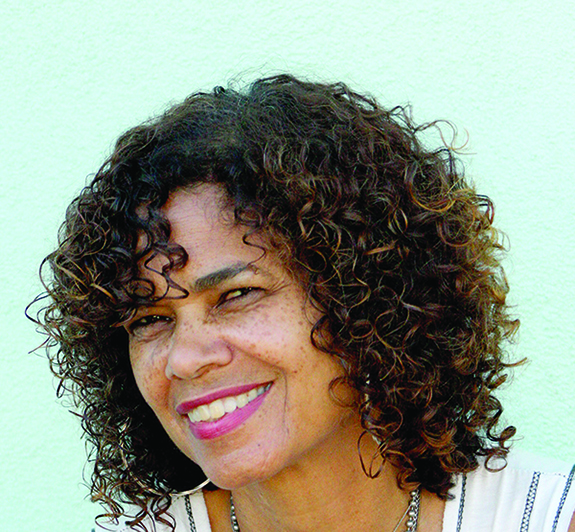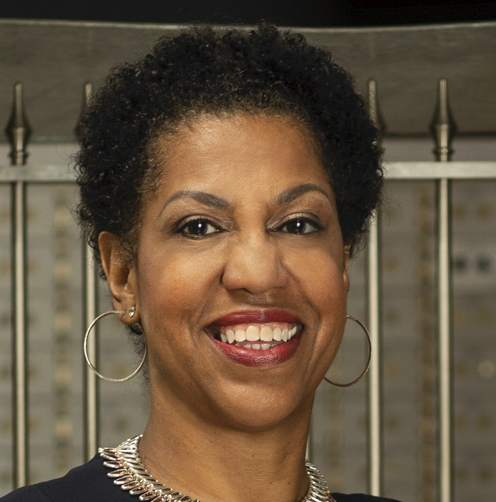THE HUTCHINSON REPORT: Health care crisis is another grave peril to L.A.’s poor

People line up outside a health care clinic in South Los Angeles. Columnist Earl Ofari Hutchinson writes that lines like this will become a familiar sight if health care subsidies in the Affordable Care Act are not restored by Congress.
Courtesy photo
By Earl Ofari Hutchinson
Contributing Writer
I continually ask myself this question as I drive down the streets of South Los Angeles: What are they supposed to do for health care support, services and care?
The “they” are the countless number of mostly African American and Hispanic men and women I see in jam-packed lines in front of neighborhood health clinics or worse, sleeping or encamped on street corners throughout South L.A.
Many are in pitiable physical shape. They face mountainous health challenges of every stripe. Yet, their chances of getting even the most meager care are more than problematic.
Congress, or rather the Republican-controlled Congress, is set to make matters far worse, if that’s possible, for the chronically health challenged poor in South L.A. It approved a plan to wipe out the health care subsidy in the Affordable Care Act. The subsidy has been a matter of life and death for millions of lower income Americans. It has provided the crucial cushion for them to afford health care coverage.
If the subsidy goes, many who rely on the subsidy will be forced to drop their coverage. The Affordable Care Act subsidy fight between Democrats and Republicans is the single biggest reason for the record long federal government shutdown. Congressional Democrats took a stand and said they would not back the elimination of the subsidy. The result: a federal government shutdown.
The battle over the health care subsidy fight is just the latest in the long running battle Trump and the GOP have waged against the Affordable Care Act. The subsidy that the act mandated is especially odious to Trump and the GOP, who feel it is giving poor people a handout that they supposedly don’t need or deserve. This ignores the grim fact that before passage of the Affordable Care Act in 2010 millions of Americans in Los Angeles and the nation had no access to affordable health care.
The even starker reality is that the number of Blacks without a prayer of obtaining health care at any price has always been wildly disproportionate to that of whites — even poor whites. The great fear of the Republican health care reform opponents and the health care industry lobby which includes private insurers, pharmaceuticals and major medical practitioners was that they would have to treat millions of uninsured, unprofitable, largely unhealthy Blacks.
That would be a direct threat to their massive profits. That was the prime reason they waged fierce war against passage of the law.
The majority of Black uninsured people are far more likely to experience problems getting treatment at a hospital or clinic. This has devastating health and public policy consequences. According to a study by the Joint Center for Political and Economic Studies, Blacks are far more likely than whites to suffer higher rates of catastrophic illness and disease, and are much less likely to obtain basic drugs, tests, preventive screenings and surgeries. They are more likely to recover slower from illness and they die much younger.
The health care subsidy did not completely end the excessively high cost of health care or fully guarantee universal coverage. But it broadened the options for coverage by prohibiting insurers from excluding those with pre-existing conditions, providing subsidies for the poorest of the poor and guaranteed coverage for tens of thousands of children and younger people that did not have access to quality care.
The possible end to the subsidies is only one of the looming perils that confront L.A.’s poor and the county’s still grossly underserved health care system. There’s the Medi-Cal enrollment freeze. There’s the hike in monthly premiums for Medi-Cal recipients. There’s the warning from some health care providers that they will have to lay off health care staff.
There’s the even starker warning that with the funding cuts and end of the subsidy they will have to close an unknown number of clinics that serve lower income Blacks and Hispanics. An administrator at one of the neighborhood clinics in South L.A. put the crisis in even starker terms: “This puts a bunch of barriers in the way of people who already have enough challenges in life. They’re trying to make it, trying to survive, trying to put food on the table.”
The lack of access to health care, particularly quality health care, ensures that the chronic health care conditions that slam the poor will get worse. There will be more sick people on Los Angeles streets with no facilities for treatment. There will be more men and women who languish on L.A.’s streets with no chance to receive the care and treatment they need. There will be a surge in and a swamp of hospital emergency room visits for those faced with life-threatening conditions.
It all adds up to yet another grave peril to L.A.’s poor.
Earl Ofari Hutchinson is an author and political analyst. His latest book is “White-Supremacist-In-Chief” (Middle Passage Press). His website is thehutchinsonreport.net.





